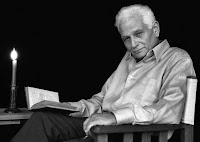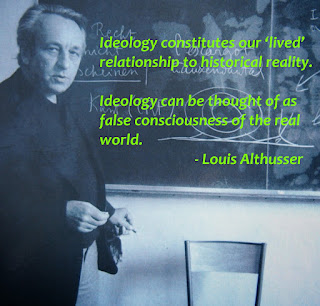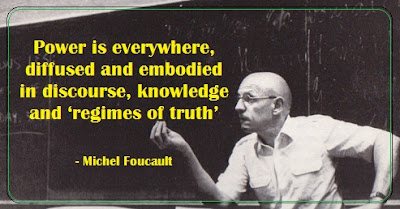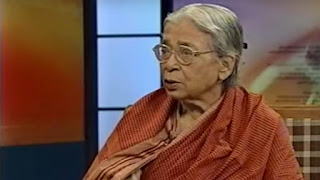Best known for
his theories of ideology and its impact on politics and culture, Louis
Althusser revolutionized Marxist theory. His writing changed the face of
literary and cultural studies and continues to influence political modes of
criticism such as feminism, post-colonialism and queer theory.
Luke Ferretter is
a Sesqui Postdoctoral Research Fellow in English at the University of Sydney.
This wonderful
excerpt has been culled from his book Louis
Althusser.
Introduction
In The German Ideology (1845), Karl Marx
and Friedrich Engels (1820–1895), his friend and intellectual co-worker for
forty years, set out the basis of a new world-view. They called it the
‘materialist conception of history’. Marx
goes on to explain a second fundamental principle of the materialist conception
of history, namely that the sum total of the forces and relations of production
in a given society constitutes its ‘base’ or ‘infrastructure’, which is its
first and fundamental reality. Out of this economic base develops a
‘superstructure’, consisting of every other aspect of the life of that society.
In the first place, the superstructure consists of the political and legal
institutions according to which the society is structured – its constitution,
its forms of government, its legal system, its judiciary, its defence systems
and so on. In the second place, it consists of all the forms of consciousness
in whose terms the members of society understand and represent themselves to
each other, namely legal and political theories, philosophy, religion, art,
literature, and every kind of cultural production. All these forms of
consciousness comprise what Marx and Engels call ‘ideology’.
Clearly, the
literary and cultural products of a society, according to this view, are
aspects of its ideology – that is, of the forms of consciousness in which its
members represent their lives to one another in a way determined by that
society’s production relations. This is one of Marxism’s major claims to
significance for literary and cultural studies. According to the materialist
conception of history, the meaning of literary and cultural works is to be
found in their relationship to the economic base of the society that produced
them.
The
Politics of Culture: Althusser on Ideology
Althusser’s most
influential contribution to literary and cultural studies has been his theory
of ideology. In this chapter, I will examine this theory, beginning with
Althusser’s initial claim that ideology constitutes our ‘lived’ relationship to
historical reality, or our ‘world’ itself. I will then examine his concept of
ideology as an imaginary relationship to real conditions of existence,
discussing the role of popular culture in representing this imaginary
relationship. In the main part of the chapter, I will examine Althusser’s most
influential essay, ‘Ideology and Ideological State Apparatuses’ (1969), a
significant development of the Marxist theory of ideology, in which he advances
the claim that ideology ‘interpellates individuals as subjects’. I will
conclude the chapter with an examination of some of the ways in which this
theory has been applied in literary criticism.
An
Imaginary Relationship to Reality
Althusser first
expounds his concept of ideology in the essay ‘Marxism and Humanism’ (1963). In
the course of this essay’s argument that the only authentically Marxist view of
humanism must be that it is an ideology, Althusser explains what he means by an
ideology. This is his first definition:
An ideology is a
system (with its own logic and rigour) of representations (images, myths, ideas
or concepts, depending on the case) endowed with a historical existence and a
role within a given society. … Ideology, as a system of representations, is
distinguished from science in that in it the practico-social function is more
important than the theoretical function (function as knowledge).
















